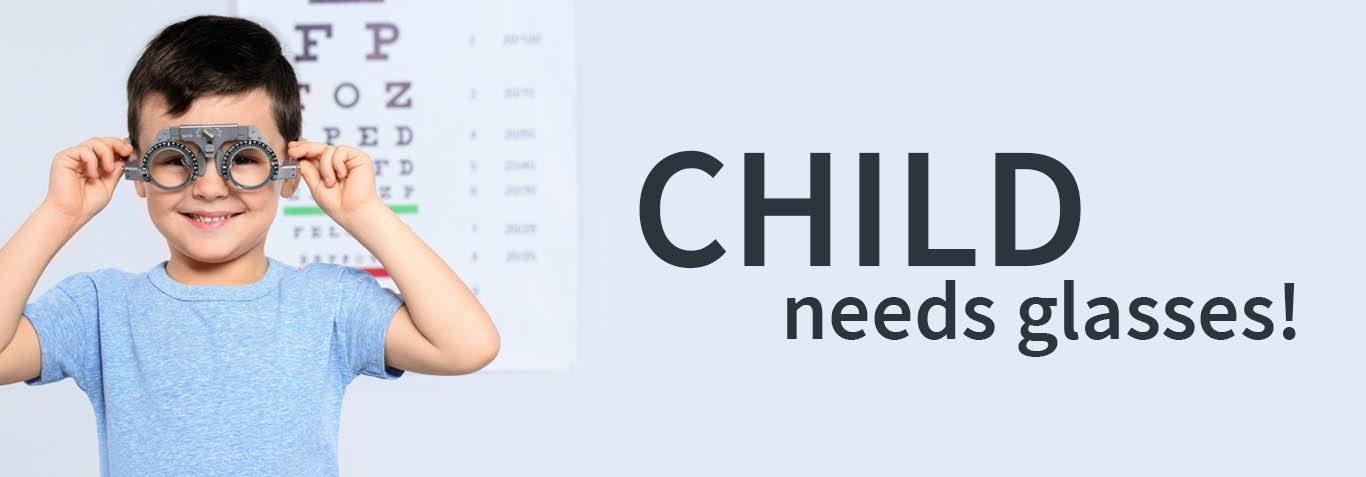Very few adults get eye diseases in the age group of 25-55. Most people either develop eye conditions in early years of life and many develop at the later stages. A congenital eye condition is that which develops during the first 5 years of life or when they are in their mother’s womb is also common among human beings.
That being said, we can conclude that children are especially prone to develop eye conditions and it is the responsibility of their parents and guardians to keep a keen eye on them. Your child might be facing difficulty if you notice them doing either of these behaviours –
When do children show unusual behaviour?
Nearly 7% of children have learning disorder in India. Many suffer because of eye conditions. Many children lose interest in their academics as they fall short of others and many get bullied at school because of being different. Myopia and Hypermetropia can develop in children as early as 3 years of age.
Actions like holding books unusually close to their face, losing their place while reading, use of finger to guide their eyes along the page, sitting close to TV or computer screen or any action away from the usual should raise concern in the minds of their parents. Sometimes, parental scepticism is good and more so in the case of toddlers who cannot express themselves well.
Parents should be extra careful about their children if they find them avoiding activities that require near vision like reading, homework, computer use or require distance vision like sports or other recreational activities. Effective communication can help your child better deal with the circumstances.
When their grades are lower than normal…
Report cards can sometimes help detect the struggle faced by your ward. Low grades should not be countered with reprimands. Parents should rather look into the cause and scrutinize if the child is facing any difficulty relating to their vision. Many children who have vision problems when made to sit at the rear of the class often find it difficult to keep up with the class. Difficulty during examination and poor performance due to poor visual acuity can often pose challenge to them.
When they complaint about their discomfort…
Do they tell you that their eyes are tired or they have a headache? Don’t be surprised! These problems aren’t just common to adults; they are also the symptoms of underlying eye problems. Eye problems often come with eye strain that gives children headache. Many a times children don’t even complaint, but if your see that they rub their eyes a lot or they seem sensitive to light or their eyes tear up for no apparent reason or they squint or tilt their head to see better, then understand that they have problems and issues related to visual acuity. Don’t ignore the warning signs and visit your nearest eye clinic as soon as possible.


